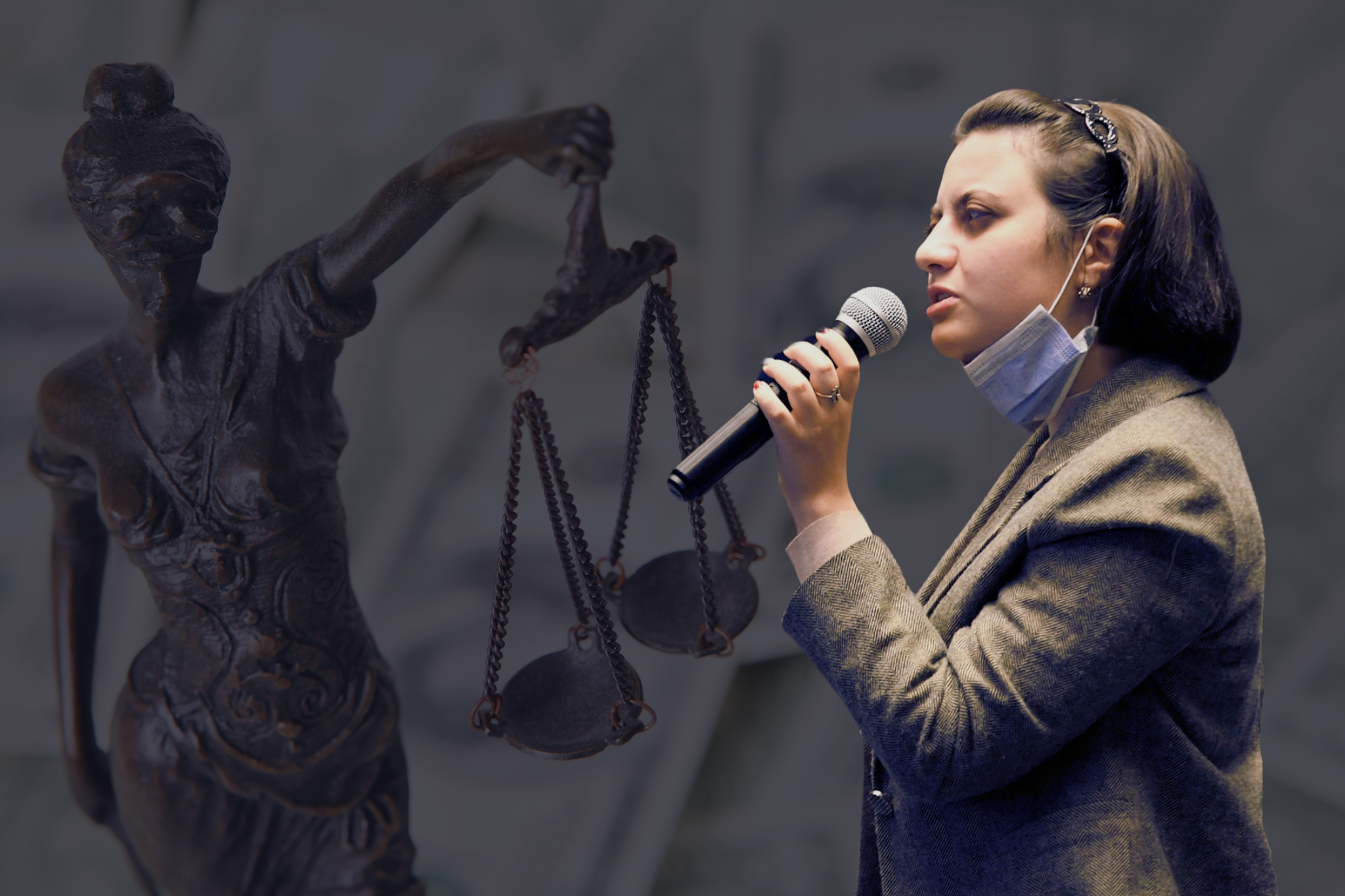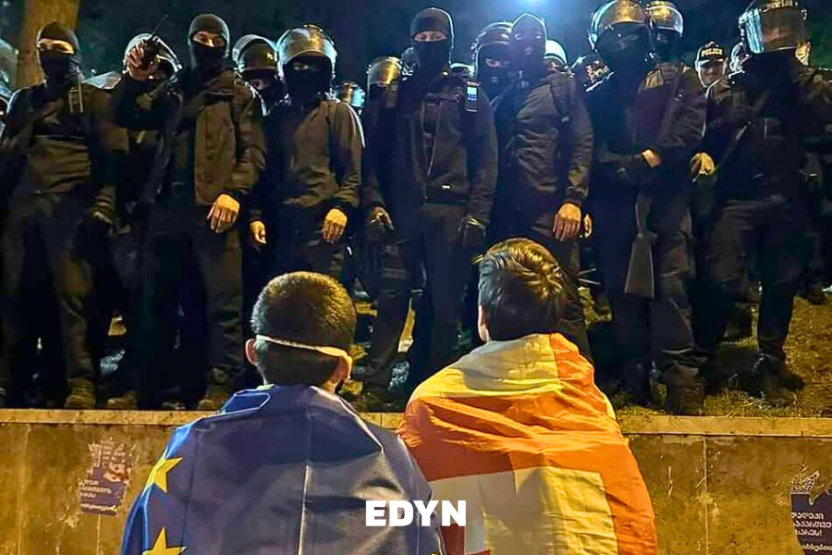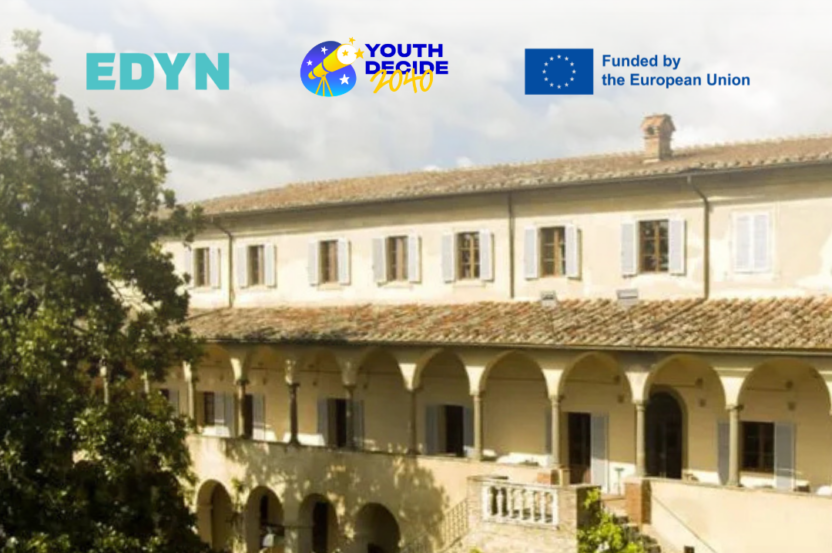Russia’s invasion of Ukraine has cast a shadow over the world stage, obscuring many other pressing issues. Its complex geopolitics, underpinned by echoes of history and power struggles, has captured global attention. It has inspired both sympathy and cynicism, often depending on one’s understanding of its intricacies.
For anti-corruption activists around the world, particularly in the developing world, the issue may be met with skepticism or disengagement. The reasons for such attitudes vary, from the disproportionate attention the conflict has received compared to other global tragedies, to the conflict’s departure from traditional discourses on colonialism and decolonization. (however many, including the leadership in Africa, are already noticing the similarities of patterns between traditional colonialism and Russia’s foreign policy in its immediate neighborhood[1]) But it’s vital that we all recognize the far-reaching implications of this conflict, particularly the role that corruption plays in it.
The invasion of Ukraine represents one of the most significant attacks on human rights in recent history. [2] This time with much more advanced technology to document the atrocities, such as the Bucha massacre[3]. However, it is important to remember that Ukraine’s struggles go beyond this invasion. The country has historically been a victim of Russian and Soviet imperialism, as evidenced by tragic events such as the Holodomor. [4] Its lower level of development can be linked to the dysfunction of the Ukrainian political system caused by corruption, often funded by Russian influences to keep the country within its sphere of control. [5]
The ethos of anti-corruption activism is to redirect resources misused by corruption to create healthier, more prosperous societies. It seeks to eliminate the political and distributive dysfunctions caused by corruption that stifle political systems and perpetuate inequality. The Russian invasion strikes at the heart of these ideals, attacking the rule of law, freedom, and human rights.
In response, we urge anti-corruption activists to recognize that the path to a free and prosperous Ukraine first requires confronting and defeating Russia’s destructive forces. It then requires the physical and political reconstruction of Ukraine. Such a process will require international assistance not only to rebuild bricks, walls, and bridges, but also to strengthen state capacity – a challenge shared by many developing countries.
The lessons learned by these nations can be shared and applied by Ukraine in its struggle to build a country that has the right to exist peacefully and prosperously. Post-conflict Ukraine will have to confront and overcome the corruption that has undermined its institutions, eroded public confidence, and allowed oligarchic interests to influence its foreign policy.
Similarly, the aggression fueled by corruption in Russia has allowed Putin to consolidate power, distract attention from domestic issues and advance personal agendas. Curbing corruption in Russia is therefore crucial to curbing its territorial ambitions[6]. On the other hand as both corruption and war are complex issues, their relation to one another is complex as well. That very corruption in Russia, the Kremlin’s wish to divert public’s attention from it, which can be considered as one of the contributing factors to the initiation of the war, also hinders Russia’s offensive’s success. [7] Moreover, tackling corruption in Ukraine will demonstrate a commitment to reform, accountability and transparency – prerequisites for receiving international aid during the reconstruction phase. [8]
The international community is likely to link assistance to progress on reforms, the rule of law and human rights, mirroring the European Union’s conditionalities for Ukraine’s integration. It is important to remember that corruption can become a fertile ground for proxy wars, allowing external powers to exploit local power groups. The economic dependence created by corruption influences geopolitical dynamics, as seen in Ukraine’s dependence on Russian gas due to corruption in the energy sector.
Corruption hinders the development of robust civil society and grassroots movements, which are essential for societal resilience. It can also undermine the effective distribution of humanitarian aid, indirectly prolonging conflict or increasing civilian suffering. As we prepare for post-conflict reconstruction, we need to address these issues to ensure that aid is not misused and progress is not hindered.
To draw a metaphor, we can think of corruption as a structural flaw in a building. A building with a faulty foundation may stand for a while, but it will eventually crumble, often during a storm or an earthquake. Such a crisis doesn’t create the structural flaw; it merely exposes it. The invasion of Ukraine is the storm that has exposed the pre-existing structural defect of corruption in its political system.
But once the storm has passed, there is an opportunity. As the debris is cleared, we can see the extent of the damage, understand the flaws in the old design and plan for a more stable structure. Herein lies the call to action for anti-corruption activists, not just in the rubble of Ukraine, but in every country where corruption has weakened the edifice of society.
As we rebuild Ukraine, it must not just be a reconstruction of what was there before. It must be a reimagining, an opportunity to create a robust society underpinned by strong, corruption-free institutions. Only then will the phoenix of a new Ukraine rise, not from the ashes of the old, but from the steadfast determination to build a society that embodies the true principles of freedom, justice and human dignity.
[1] https://www.youtube.com/watch?v=jwDWxyLVBxk
[2] https://news.un.org/en/story/2023/03/1135012
[3] https://www.hrw.org/news/2022/04/21/ukraine-russian-forces-trail-death-bucha
[4] https://s2pu.com/index.php/en/holodomor/confirmations/which-countries-have-taken-responsibility
[5] https://foreignpolicy.com/2021/12/17/ukraine-russia-corruption-putin-democracy-oligarchs/
[6] https://links.org.au/russian-socialist-movement-we-say-war-war
[7] https://ti-defence.org/can-ukraine-thank-russian-corruption-for-hindering-their-invasion/
[8] https://www.gisreportsonline.com/r/ukraine-war-corruption-2/



